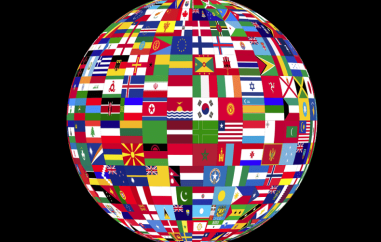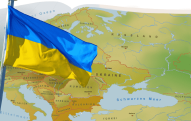Croatia joins the Schengen area without border controls
The way is clear for Croatia to join the Schengen area without border controls. This was agreed by the responsible ministers of the Schengen states at a meeting in Brussels. The controls at the land borders of the popular vacation destination are to be abolished as early as the beginning of next year.
The Schengen area is a free trade zone, which so far includes 26 European countries: 22 EU states as well as Norway, Liechtenstein, Iceland and Switzerland. It is characterized above all by the fact that there are no longer any hard borders between the countries - and therefore no border controls. Exceptions are special rules since the crisis around a large number of arriving refugees in 2015.
The EU Commission had recently urged that Croatia as well as Bulgaria and Romania be admitted to the Schengen area. Enlargement to include the trio would make the EU safer and more attractive, as well as contribute to greater prosperity, the authority found in mid-November. The three countries are already partially bound by Schengen rules - but internal border controls with them have not yet been lifted.
Travelers in particular are likely to be pleased about Croatia's accession: huge traffic jams form every summer at border crossings from the Schengen state of Slovenia to Croatia, for example. Now, controls at land borders could be abolished as early as the beginning of 2023, and at airports in March of next year. Croatia also plans to introduce the euro as a means of payment next year.
Austria's Chancellor Karl Nehammer had already made it clear before the meeting that lifting border controls with regard to Romania and Bulgaria was currently out of the question for his country: Too many unregistered migrants were arriving, he said. "That is, they have crossed an external EU border and then still got through in a country like Austria," he said. These security issues need to be addressed first," the conservative politician said.
The Netherlands' opposition was directed solely at Bulgaria, for example because of rule-of-law concerns. More time is needed to make a decision, Prime Minister Mark Rutte said before the meeting. New members can only be accepted unanimously. The European Parliament has already agreed - Romania and Bulgaria have been waiting for the decision since 2011.
Image by Marko Tomic
Â









 »
»